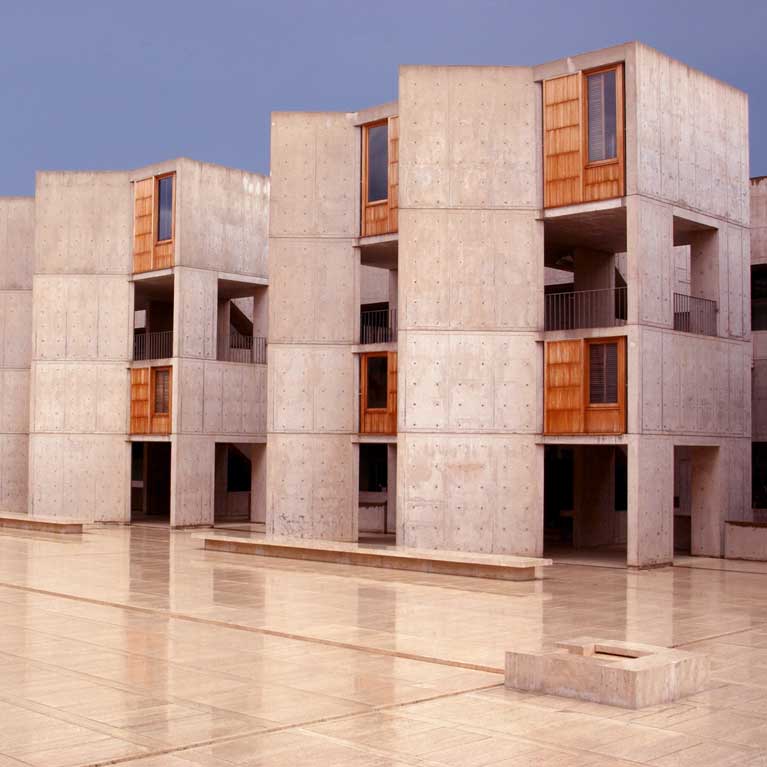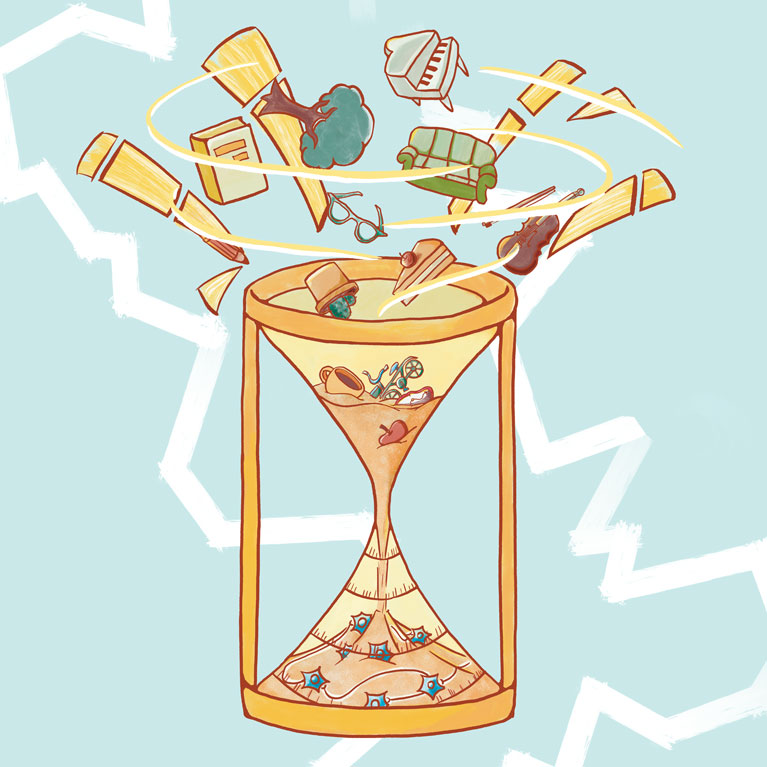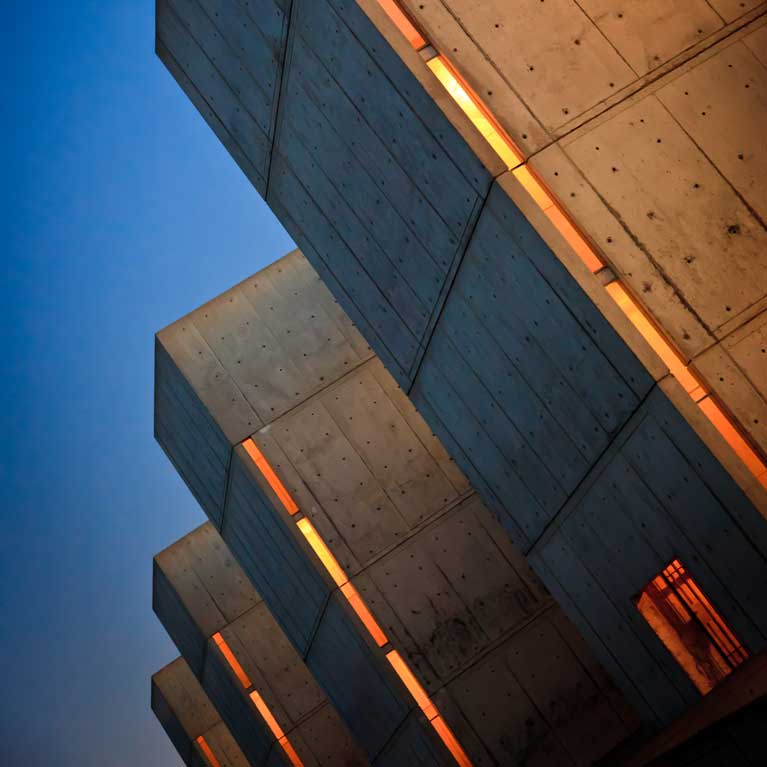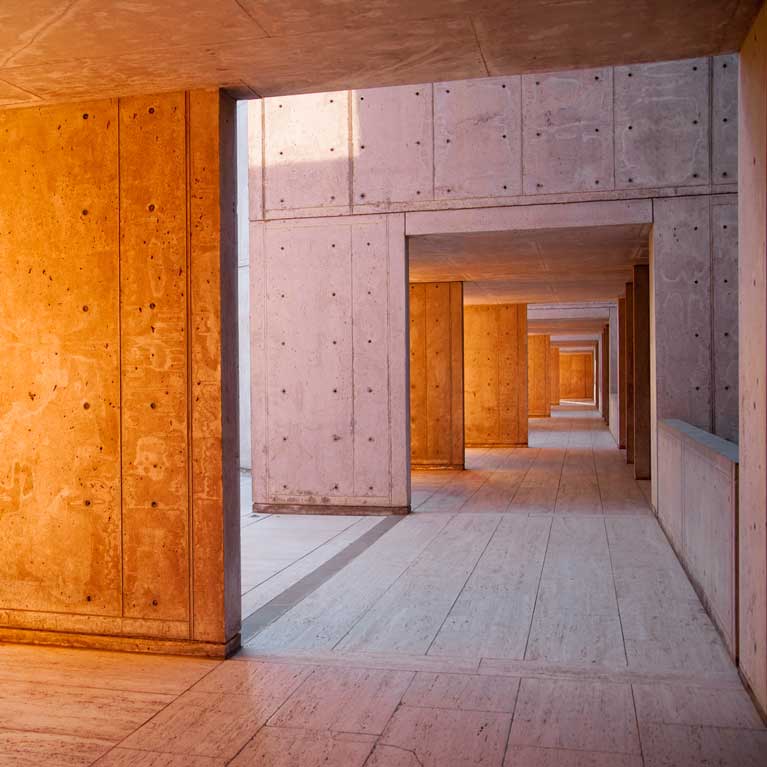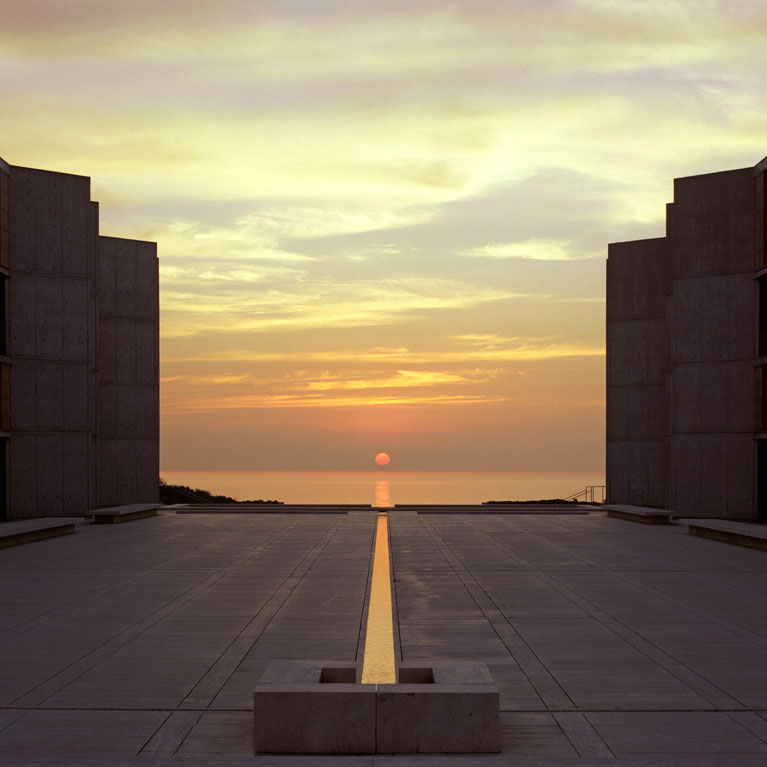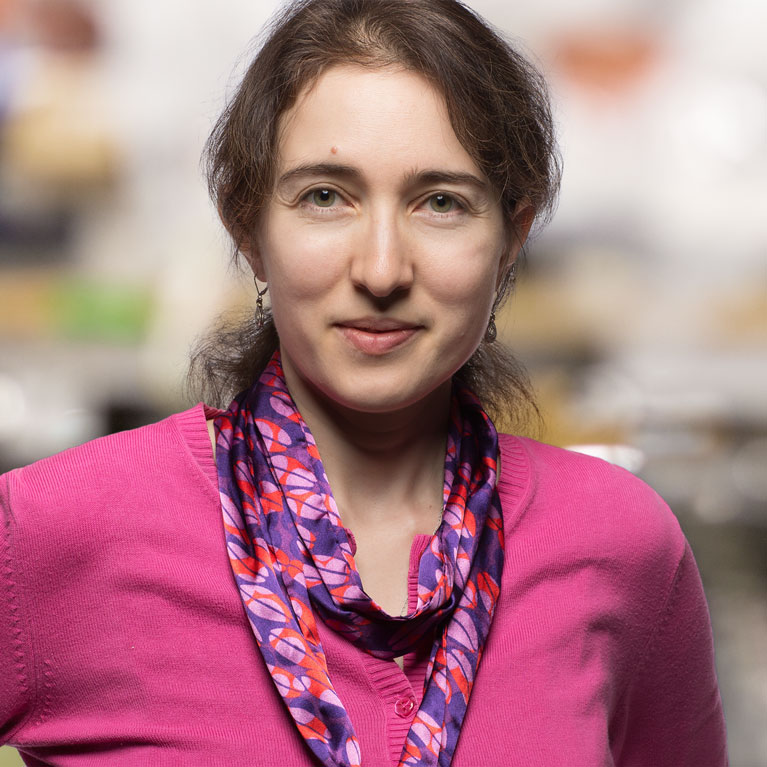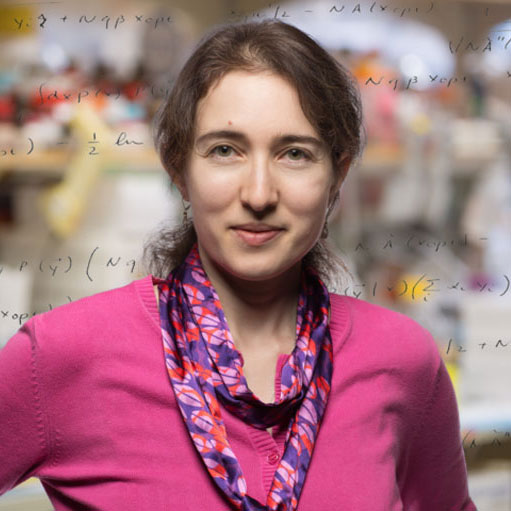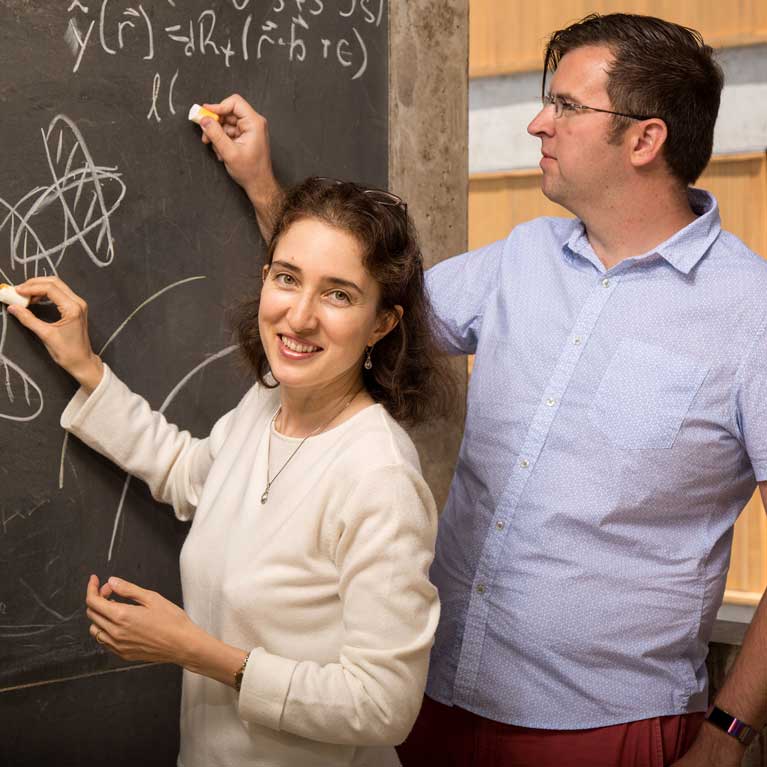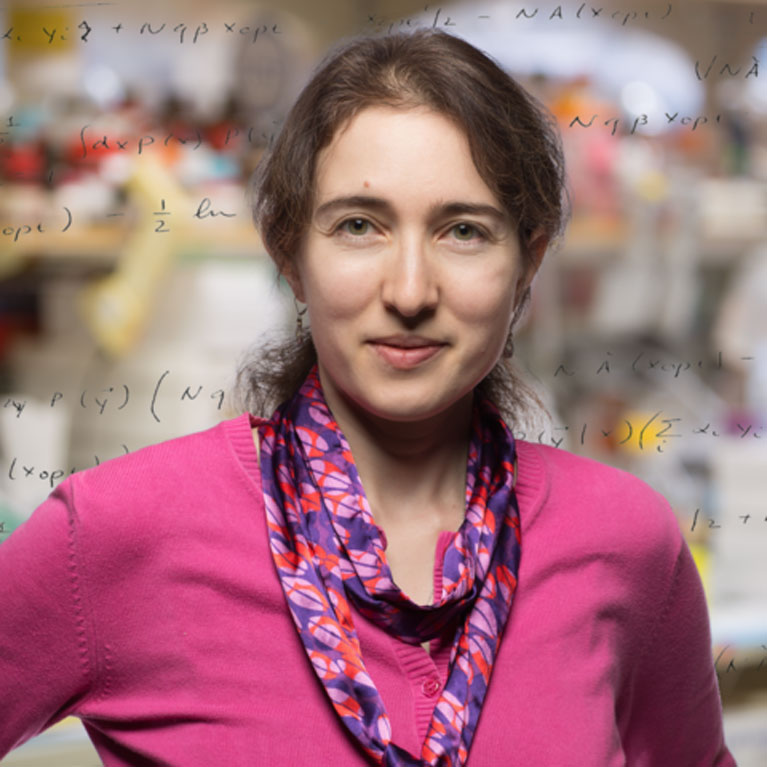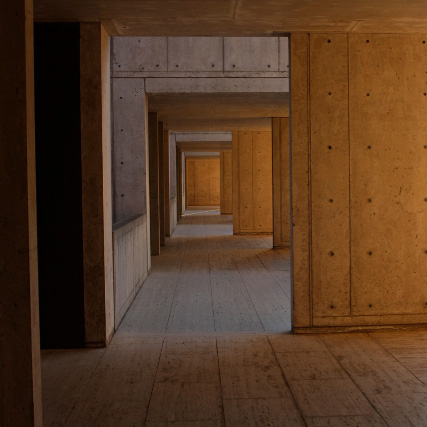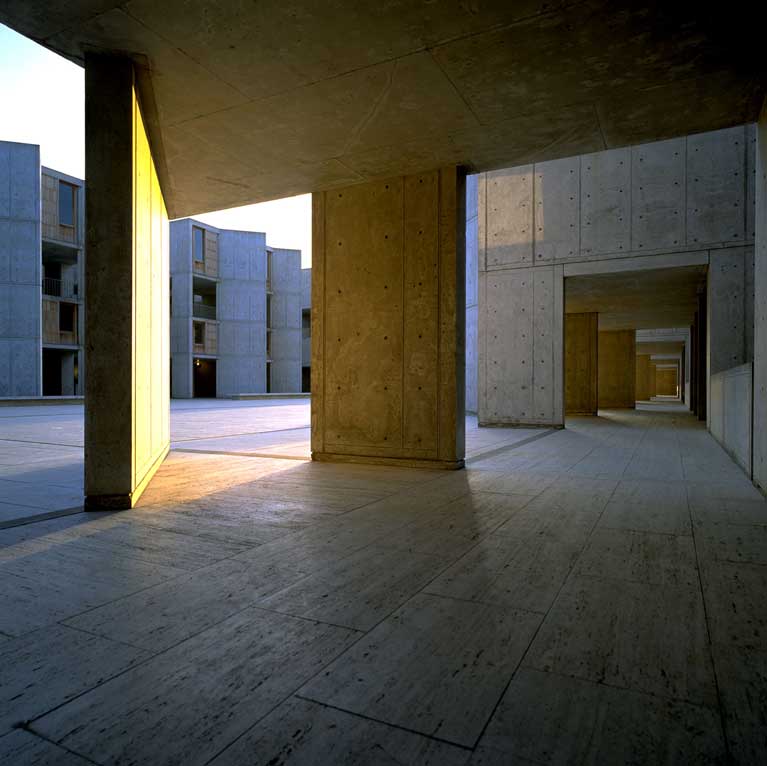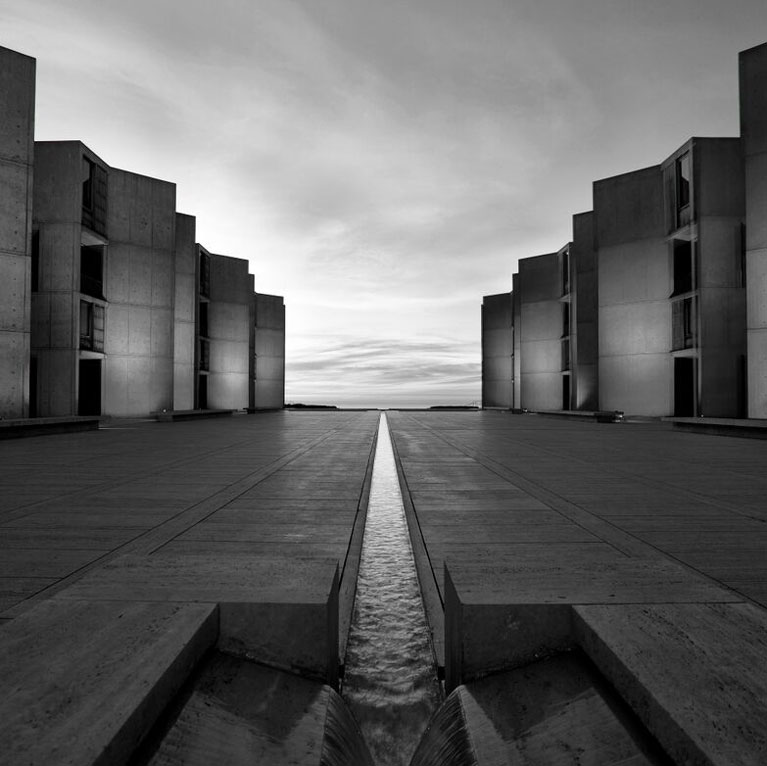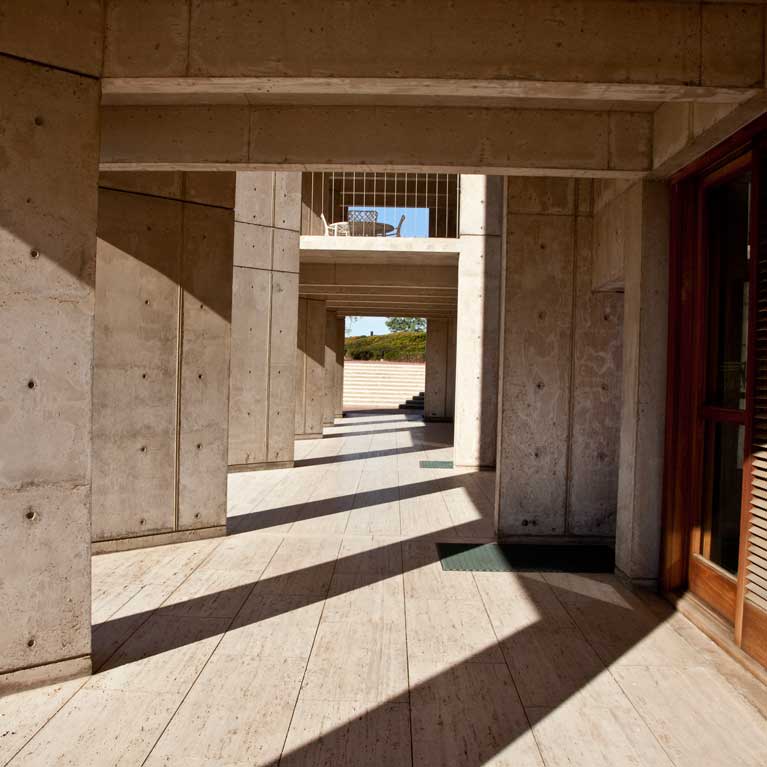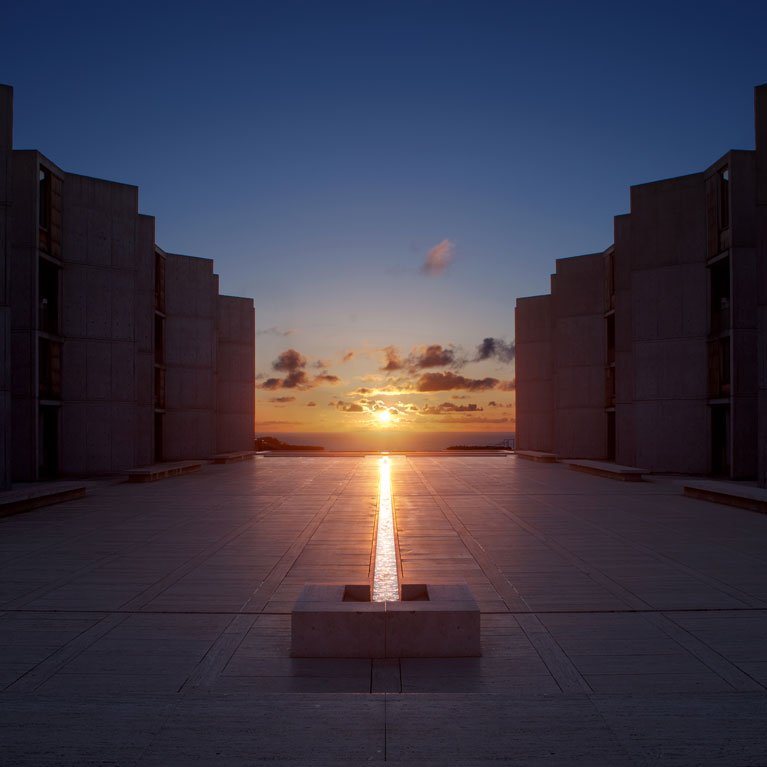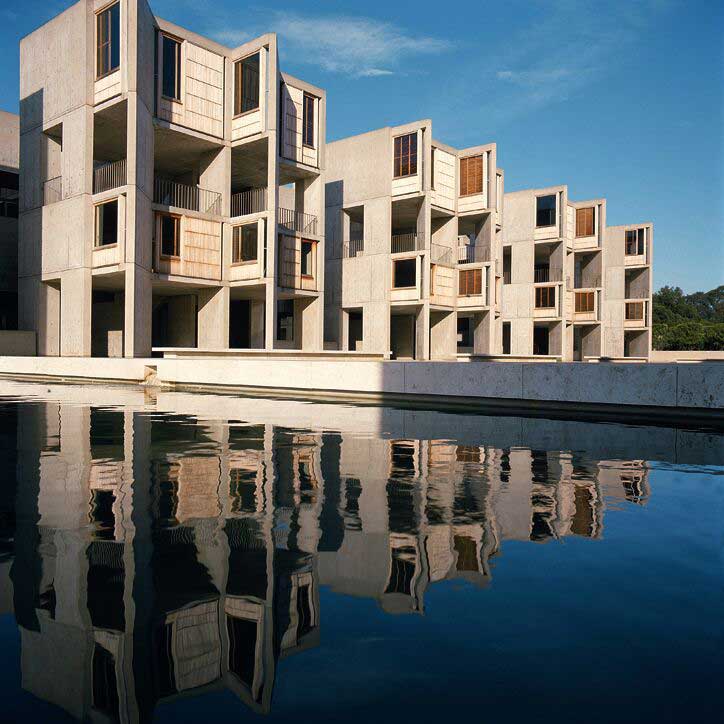Press
Prebys Foundation awards $1 million to support Salk Institute’s research and diversity efforts
LA JOLLA—As part of its $7 million “Prebys Research Heroes” program, the Prebys Foundation awarded Salk Professor Tatyana Sharpee and Assistant Professor Dannielle Engle each $500,000 to fund their research. The grants will be dispensed over two years and are part of 14 grants the foundation awarded to support women pursuing research careers in San Diego.
The brain’s ability to perceive space expands like the universe
LA JOLLA—Young children sometimes believe that the moon is following them, or that they can reach out and touch it. It appears to be much closer than is proportional to its true distance. As we move about our daily lives, we tend to think that we navigate space in a linear way. But Salk scientists have discovered that time spent exploring an environment causes neural representations to grow in surprising ways.
Salk Professor Tatyana Sharpee receives ASBMB DeLano Award
LA JOLLA—Salk Professor Tatyana Sharpee has won the American Society for Biochemistry and Molecular Biology’s (ASBMB) 2022 DeLano Award for Computational Biosciences. The award is given to a scientist with an innovative development or application of a computer technology that can enhance research in the life sciences at the molecular level.
How neurons get past “no”
LA JOLLA—When looking at a complex landscape, the eye needs to focus in on important details without losing the big picture—a charging lion in a jungle, for example. Now, a new study by Salk scientists shows how inhibitory neurons play a critical role in this process.
Salk Professors Satchin Panda and Tatyana Sharpee honored with endowed chairs
LA JOLLA—Professors Satchin Panda and Tatyana Sharpee have both been recognized for their contributions and dedication to advancing science through research by being named to endowed chairs at the Salk Institute.
Top San Diego research institutions, led by Salk, to receive an expected $5 million to study cellular aging in humans
LA JOLLA—The Salk Institute will establish a world-class San Diego Nathan Shock Center (SD-NSC), a consortium with Sanford Burnham Prebys Medical Discovery Institute and the University of California San Diego (UC San Diego), to study cellular and tissue aging in humans. The Center will be funded by a grant from the National Institute on Aging (NIA) of the National Institutes of Health expected to total $5 million over the next 5 years (NIA grant number P30AG068635).
Salk scientists awarded $14.3 million to map circuitry for movement, such as reaching and grasping
LA JOLLA, CA—A team of Salk scientists led by Professor Martyn Goulding has been awarded $14.3 million over five years by the National Institutes of Health (NIH) to create a high-resolution atlas of how the mouse brain generates and controls skilled forelimb movements, such as reaching and grasping. Knowledge generated by the grant will provide a better understanding of not only how the brain controls movement, but also how it is affected by neurological diseases and spinal cord injuries that compromise arm, wrist and hand function.
Salk promotes three leading scientists in the fields of infectious disease, neurobiology and biological networks
LA JOLLA—Three Salk Institute faculty members have been promoted after the latest round of faculty reviews determined they are scientific leaders who have made original, innovative and notable contributions to biological research.
Salk’s Tatyana Sharpee elected 2018 Fellow of American Physical Society
LA JOLLA—Salk Associate Professor Tatyana Sharpee, a member of the Computational Neurobiology Laboratory, has been elected a 2018 Fellow of the American Physical Society (APS) for her outstanding contribution to physics. In particular, she is granted this honor for “advancing our understanding of how neurons represent sensory signals and make decisions by pioneering new methods for analyzing neural responses to natural stimuli and uncovered organizing principles for closed loop behaviors,” according to the organization.
What’s that smell? Scientists find a new way to understand odors
LA JOLLA—Every smell, from a rose to a smoky fire to a pungent fish, is composed of a mixture of odorant molecules that bind to protein receptors inside your nose. But scientists have struggled to understand exactly what makes each combination of odorant molecules smell the way it does or predict from its structure whether a molecule is pleasant, noxious or has no smell at all.
Salk computational neurobiologist receives NSF grant to study how brain processes sound
LA JOLLA—Salk Associate Professor Tatyana Sharpee has been awarded a grant of approximately $950,000 over 4 years by the National Science Foundation to study how the brain processes complex sounds. This grant is part of a multi-national project together with groups in France and Israel.
How the brain recognizes what the eye sees
LA JOLLA—If you think self-driving cars can’t get here soon enough, you’re not alone. But programming computers to recognize objects is very technically challenging, especially since scientists don’t fully understand how our own brains do it.
How cells divide tasks and conquer work
LA JOLLA—Despite advances in neuroscience, the brain is still very much a black box—no one even knows how many different types of neurons exist. Now, a scientist from the Salk Institute has used a mathematical framework to better understand how different cell types divide work among themselves.
Tatyana Sharpee named to NSF team trying to crack olfactory code
LA JOLLA–Since the early 19th century, scientists have worked to unravel the mystery of olfaction, our sense of smell.
How the brain balances risk-taking and learning
LA JOLLA–If you had 10 chances to roll a die, would you rather be guaranteed to receive $5 for every roll ($50 total) or take the risk of winning $100 if you only roll a six?
Worms’ mental GPS helps them find food
LA JOLLA–You’ve misplaced your cell phone. You start by scanning where you remember leaving it: on your bureau. You check and double-check the bureau before expanding your search around and below the bureau. Eventually, you switch from this local area to a more global one, widening your search to the rest of your room and beyond.
Salk Scientist Tatyana Sharpee receives CAREER award from NSF
LA JOLLA, CA—Salk scientist Tatyana Sharpee has received a CAREER award from the National Science Foundation (NSF) to fund upcoming research in her lab. The CAREER award supports faculty who exemplify the role of teacher-scholars through outstanding research, excellent education and the integration of education and research within the context of the mission of their organizations.
Scientists help explain visual system’s remarkable ability to recognize complex objects
LA JOLLA, CA—How is it possible for a human eye to figure out letters that are twisted and looped in crazy directions, like those in the little security test internet users are often given on websites?
Salk Institute promotes three top scientists
LA JOLLA, CA—The Salk Institute is pleased to announce the promotions of faculty members, John Reynolds to the rank of full professor and Clodagh O’Shea and Tatyana Sharpee to associate professors based on recommendations by the Salk faculty and nonresident fellows, and approved by President William R. Brody and the Institute’s Board of Trustees.
What the brain saw
LA JOLLA, CA—The moment we open our eyes, we perceive the world with apparent ease. But the question of how neurons in the retina encode what we “see” has been a tricky one. A key obstacle to understanding how our brain functions is that its components—neurons—respond in highly nonlinear ways to complex stimuli, making stimulus-response relationships extremely difficult to discern.
Salk Scientist wins the 2009 McKnight Scholar Award
La Jolla, CA—Dr. Tatyana Sharpee, an assistant professor in the Laboratory for Computational Biology, has been named a 2009 McKnight Scholar. She will receive a grant of $225,000 over a three-year period to study “Discrete representation of visual shapes in the brain.”
Distinguishing between two birds of a feather
La Jolla, CA – The bird enthusiast who chronicled the adventures of a flock of red-headed conures in his book “The Wild Parrots of Telegraph Hill” knows most of the parrots by name, yet most of us would be hard pressed to tell one bird from another. While it has been known for a long time that we can become acutely attuned to our day-to-day environment, the underlying neural mechanism has been less clear.
Salk Researcher Named 2008 Searle Scholar
La Jolla, CA – Tatyana Sharpee, an assistant professor in the Salk Institute’s Laboratory for Computational Biology, has been named a 2008 Searle Scholar. She will receive $300,000 over the next three years in support of her research entitled “Computational Principles of Natural Sensory Processing.”
Salk Researcher Receives Prestigious Sloan Research Fellowship
La Jolla, CA – Tatyana Sharpee, an assistant professor in the Laboratory for Computational Biology, has been named an Alfred P. Sloan Research Fellow. She will receive a grant of $50,000 for a two-year period.
